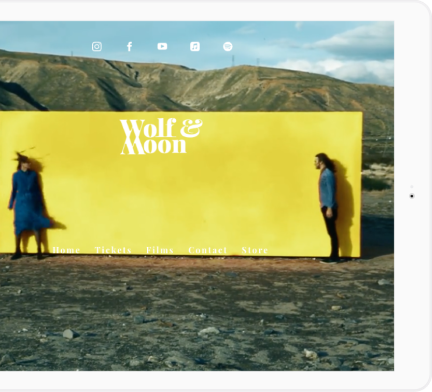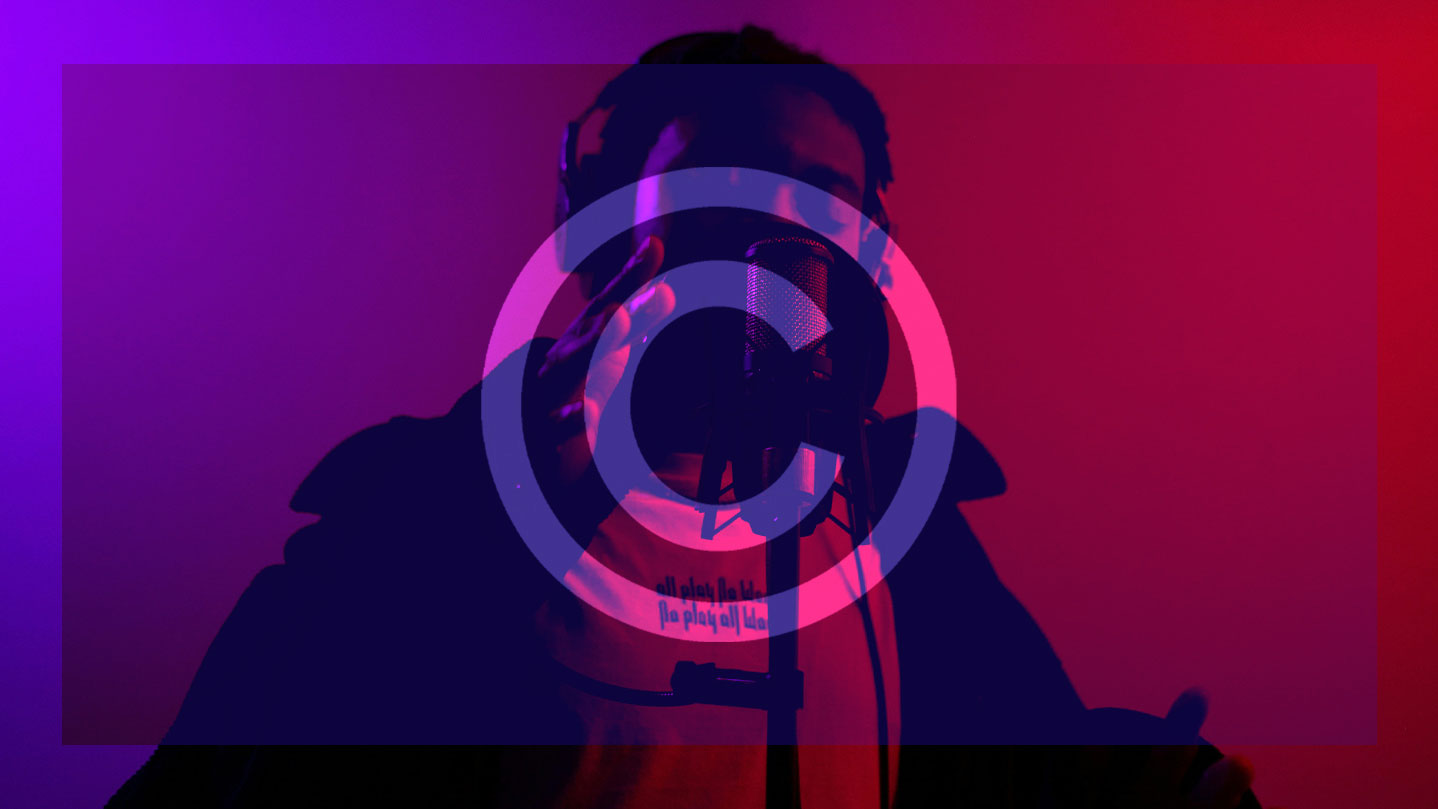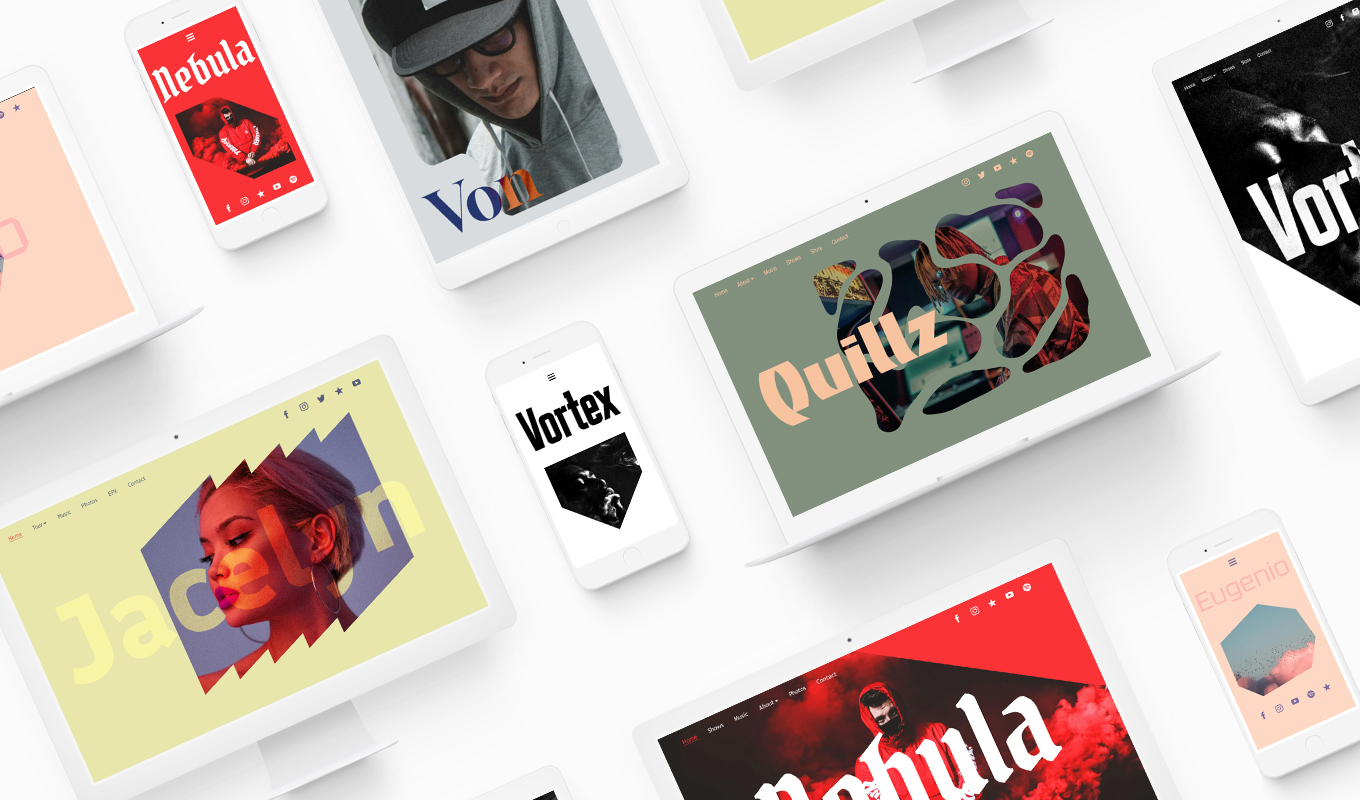In the sync licensing world, any little edge could help you succeed. Most importantly, you want it to be as easy as possible for sync licensing people to listen to and use your music in TV shows and movies.
I’ve gotten several placements on TV shows and in indie films as an indie artist, so I want to share what I’ve learned first-hand and through research. I’m not an expert, but this article will be a good introduction to how to optimize your website for sync licensing. Hopefully, doing these things will increase your chances of getting placements.
What is sync licensing?
Sync licensing (short for “synchronization licensing”) is when you allow a movie, TV show, commercial, or video game to use your music in exchange for payment. They sync the song with the visual media, hence the name.
The people who choose the songs for TV shows, movies, etc. are called music supervisors. Most of the time, music supervisors work directly with sync licensing companies and agents to get the music they need. So as an artist, you’ll want to pitch your music to licensing companies and agents to get placements.
Usually, the party licensing your song will pay you a set fee upfront. There are some royalty-only deals, which mostly happen in the reality TV world.

Build a stunning website for your music
Bandzoogle gives you all the tools you need to create your own unique band website, including responsive templates and commission-free selling tools.BUILD YOUR WEBSITE
According to Ari’s Take, the upfront sync fee can range from $500 to $150,000 or more.
The upfront fee is determined by many things, including…
- What type of media your song was used in
- The budget of the project
- How important your song is to the scene
- What cut is taken by the sync licensing agent or company (usually 50% or less)
On top of this fee, you can earn royalties if and when the media with your song is streamed and aired on TV. The royalties should increase based on how much of your song the licensor uses and what source or channel the media is viewed on (and probably some other behind-the-scenes factors).
This is why it’s so important to register your songs with a Performance Royalty Organization, like ASCAP or BMI. And you should consider working with a publishing admin company to collect mechanical royalties, such as Songtrust.
What sync licensing companies want
Before we talk about how to optimize your website for sync, we first have to talk about what sync licensing companies and agents want from artists.
First of all, the music has to be good. It has to evoke some sort of emotion. TV shows and movies need a song that not only fits but also heightens the emotion of the scene.
Now, if your song isn’t selected for sync, that doesn’t necessarily mean it’s not good. A lot of things need to line up – the style and feel of the song need to perfectly match the specific scene and all rights have to be cleared. So if you get rejected, keep making music and keep submitting.
Okay, here are the main things you’ll need to have that sync licensing companies and agents want:
- High-quality WAV files (available for streaming and download)
- Instrumental versions (gives the client options to edit between the instrumental and vocal versions)
- Ownership and control (you need to own 100% of the composition and master, or have signed agreements with any co-owners stating you have the right to license the song)
- Detailed metadata (like song title, artist name, genre, mood, BPM, key, lyrics, and your contact information)
- Clearly named files
- Prompt responses (sync deals can happen very quickly, so the faster you respond, the better it is for everyone)
- Other agreements you may have with other licensing companies/agents
- Sample clearances (if you’ve used any samples in your track, you need to have proper and written clearances and let the licensing company/agent know)
How to optimize your site for sync
With all of this in mind, let’s walk through what your website needs so you have the best chance of getting picked up by a sync licensing company or agent.
A sync licensing page
First, it’s a good idea to have a page on your music website that is dedicated to sync licensing, one that’s tailored to what companies and agents want. This is not a page for fans, so you may want to consider not including it in your site menu. This would be a page you include in your submission to a licensing partner. And your sync licensing page should include…
1. Streamable and downloadable music
It’s all about the music. So you need to have a music player on your site that allows for seamless streaming and downloading. Licensing companies and agents are very busy, so they need to be able to hear your music quickly. The whole process needs to be as easy as possible.
2. Songs organized by mood and topic
It could be a good idea to have multiple music players on your sync licensing page, organized by moods (or genres, if you work in multiple). This will make it even easier for your potential sync partner to see what you can do based on what they need. This also shows them you understand what moods are needed in the sync world.
3. Statement of ownership
It’s extremely important to music supervisors and sync licensing companies that you have full ownership or, if a song has co-owners, that you have documentation proving you have the right to license the song.
So it would be smart to put a note at the top of the page stating what percentages you own of which songs. If you own 100% of all the songs on your sync licensing page, your sync partner would love to see that right away.
If the splits are different depending on the song, you could organize your music players into “Songs I own 100% of” and “Songs I own a portion of.” Whatever you do, put the splits in the metadata, or even the song title so it’s totally clear.
4. Contact info or form
I recommend you have a contact form and links to your social media profiles at the bottom of your sync licensing page. But you also need to list your email address and phone number (you can put these in the metadata). Like I said earlier, sync deals can happen very quickly, so it’s in your best interest to give multiple ways to contact you.
Follow these steps and you’ll be in good shape to submit your music to a sync licensing company or agent!



